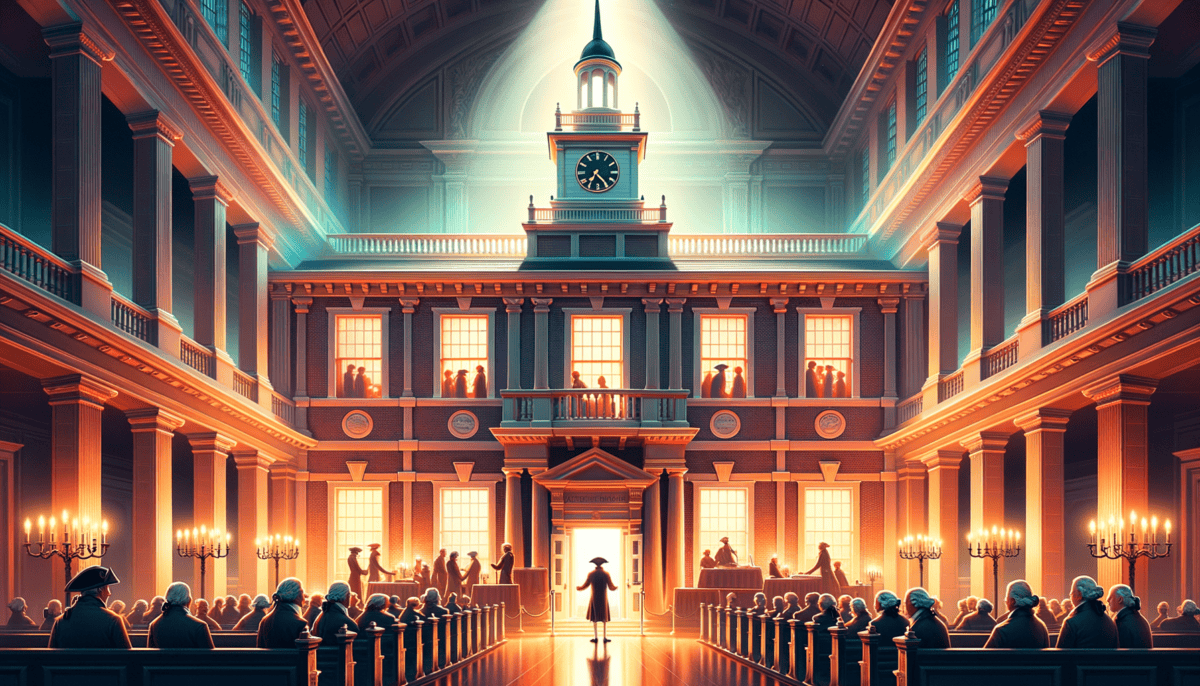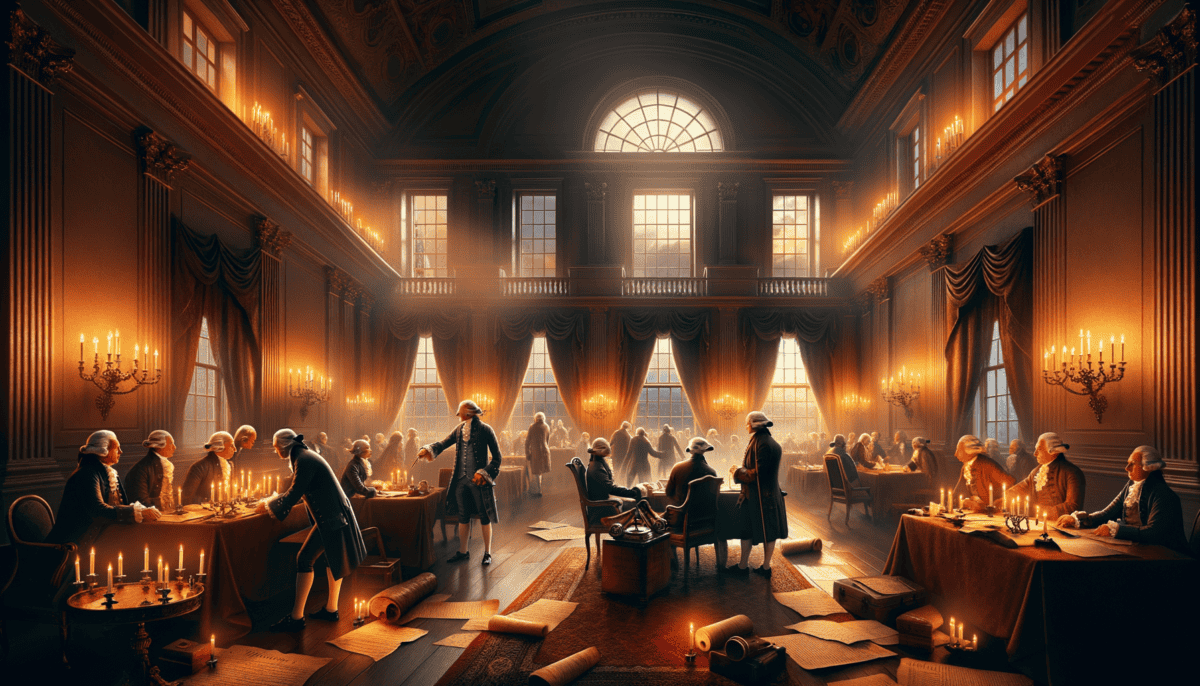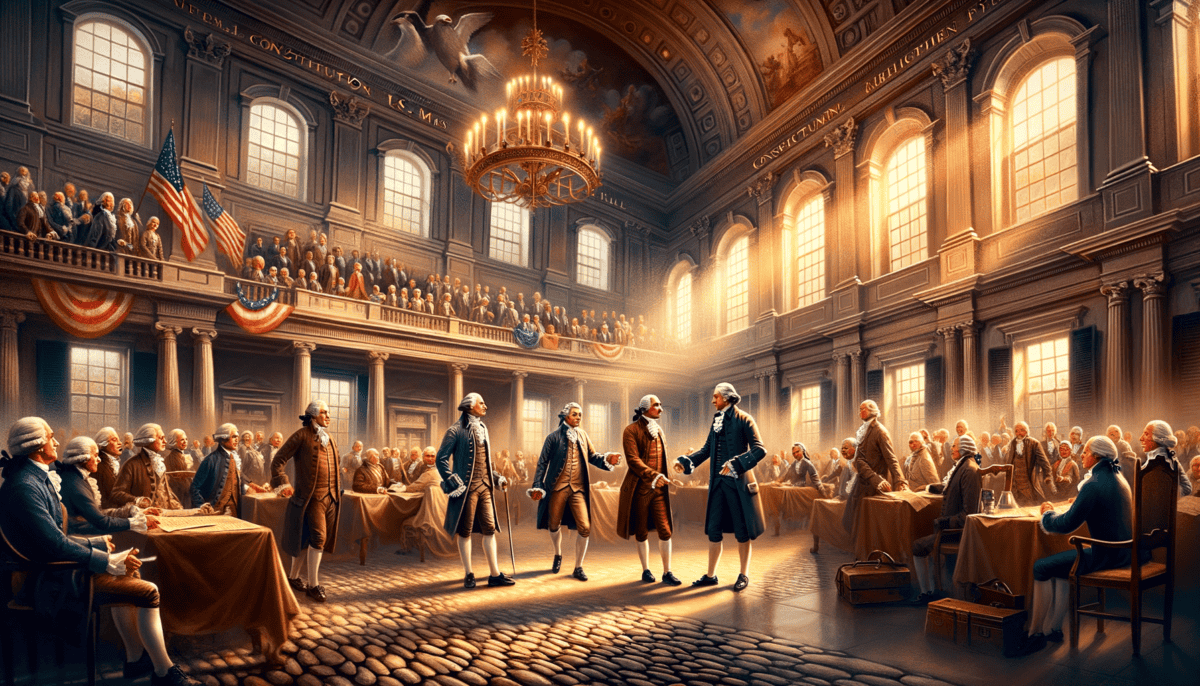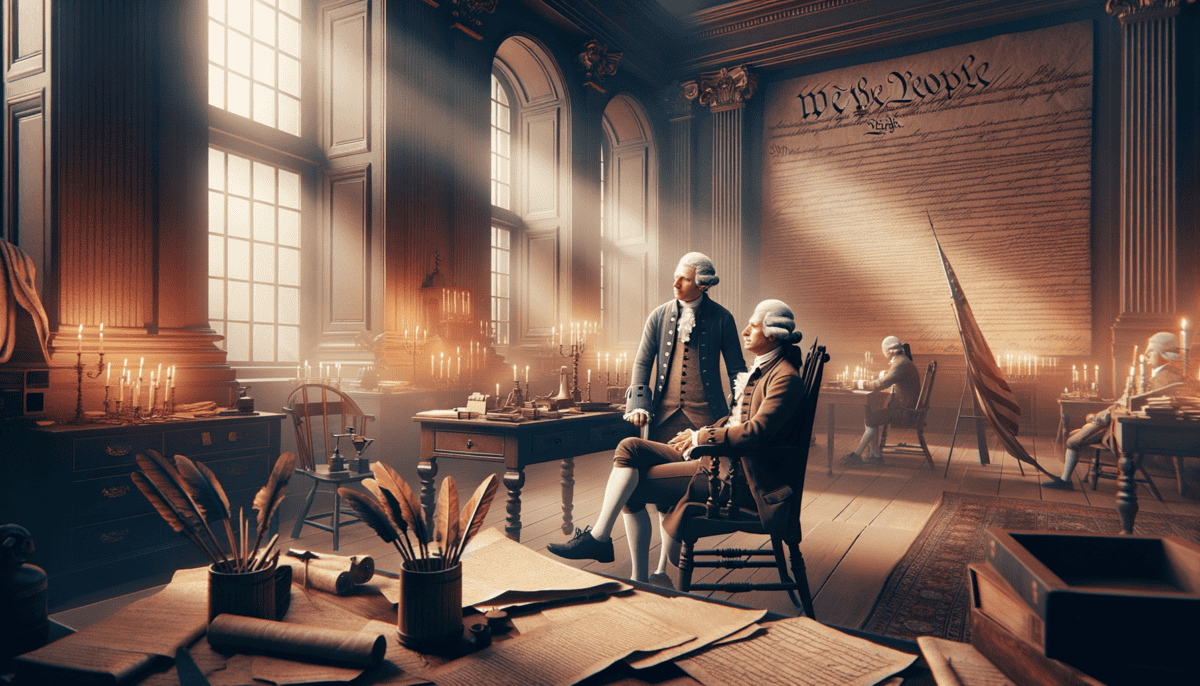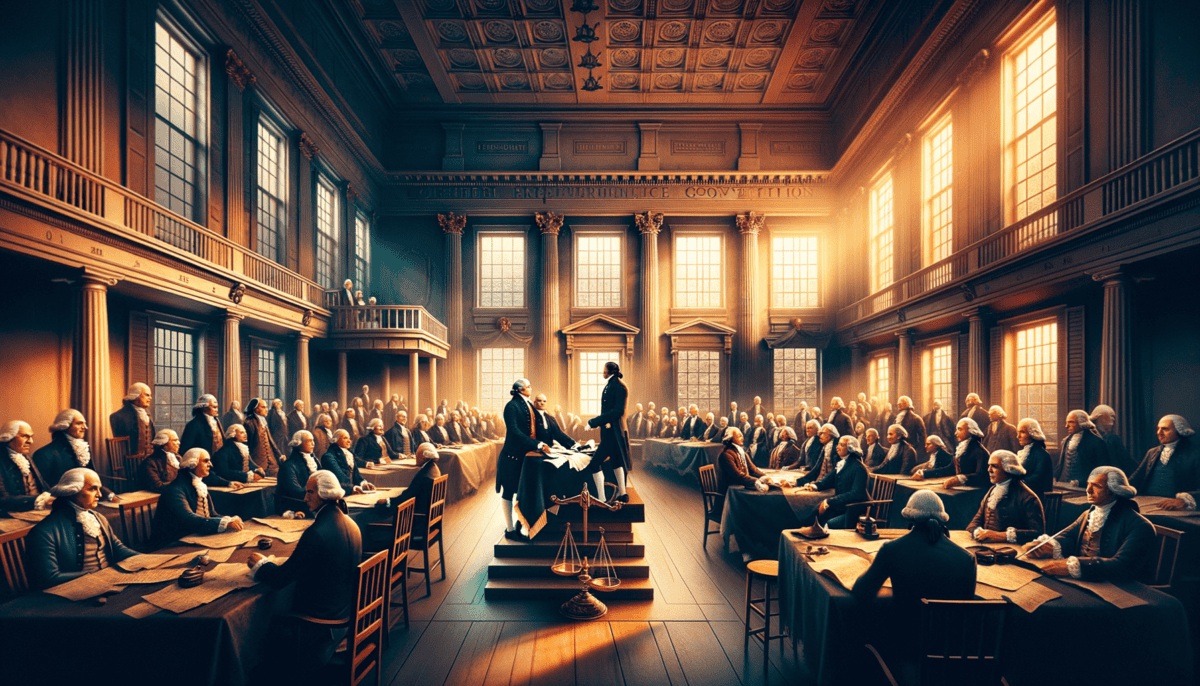Power Games Begin
Frank Underwood's footsteps echoed through the marble halls of Congress. He smiled his secret smile. The kind that said he knew things others didn't. ️
"Good morning, Mr. President," a young aide called out nervously.
Frank barely nodded. His mind was already racing with plans. Big plans. He had worked so hard to get here. Now he was finally President of the United States.
“Power isn’t given,” Frank thought to himself. “Power is taken.”
Inside the Oval Office, Frank settled into the big leather chair behind the desk. His desk now. The morning sun streamed through the tall windows. Outside, tourists snapped photos of the White House, not knowing what games were being played inside.
Claire Underwood walked in, elegant as always in her dark blue dress. She was more than just the First Lady. She was Frank's partner in everything.
"The Secretary of State is waiting," she said softly.
Frank's eyes lit up. "Perfect timing."
The First Move
The meeting with Secretary Durant went exactly as Frank planned. He knew just what to say to make her think his ideas were actually hers. That's how Frank played the game – making others dance to his tune while thinking they were leading the dance.
"Catherine, your insight on this matter is invaluable," he said smoothly. "I'm so glad we see eye to eye."
After she left, Claire perched on the edge of his desk. "That was well played, Francis."
"Just the opening move, my dear." He stood and walked to the window. "There's so much more to come."
• Never let them see your full hand
• Make allies think they’re in control
• Strike when they least expect it
• Keep your enemies confused
Doug Stamper, Frank's loyal chief of staff, entered with a stack of papers. His face was serious as always.
"Sir, there's a problem with the education bill," Doug said quietly.
Frank's smile grew wider. Problems meant opportunities. And opportunities meant more power for those who knew how to grab it.
"Tell me everything," Frank said.
The wheels were turning now. Plans within plans. Moves and countermoves. This was Frank's kind of game. In Washington, you either win or you lose. And Frank Underwood did not lose.
Claire watched her husband carefully. She knew that look in his eyes. Something big was coming. Something that would shake Washington to its core.
The morning light caught Frank's White House pin, making it gleam like a predator's eye. The most powerful office in the world was just the beginning. Frank Underwood was playing for much bigger stakes now.
He turned to face the window again, looking out at the city spread before him. So many pieces on the board. So many players who didn't even know they were part of his game yet.
The Next Level
"Doug," Frank called out. "Get me Congressman Howard on the phone. It's time to make some waves."
Claire smiled her knowing smile. The game was on. Washington would never be the same once Frank Underwood was done with it.
The President sat back in his chair, fingers forming a pyramid under his chin. Some people thought being President was about serving the people. Frank knew better. It was about power. Pure and simple.
And no one understood power better than Frank Underwood.
Secrets in the Shadows
The evening shadows crept across Independence Hall. Inside, angry voices bounced off the walls. ️ The room was hot and stuffy, even with all the windows open.
“We cannot let the big states crush us!” William Paterson from New Jersey shouted. His face was red with anger.
James Madison wiped sweat from his forehead. The summer heat made everyone grumpy. But there was more than just heat making people mad.
“If we don’t fix this now, our country will fall apart,” Madison whispered to Hamilton.
A Battle of Ideas
The big states and small states were fighting again. Big states wanted more power because they had more people. Small states were scared of being pushed around.
“Each state should have the same power!” shouted Luther Martin from Maryland.
“That’s not fair!” James Wilson from Pennsylvania jumped up. “My state has many more people than yours!”
• Big states wanted power based on population
• Small states wanted equal power for all states
• Nobody would agree
• The country needed a solution fast
Behind Closed Doors
George Washington sat quietly in his big chair. As president of the convention, he watched everyone argue. His face showed worry.
“Gentlemen, please!” Benjamin Franklin called out. The old man’s voice was weak but wise. “We must work together or fail together.”
Alexander Hamilton paced near the windows. His mind was racing with ideas. The Articles of Confederation weren’t working. They needed something new.
A Secret Plan
Madison pulled out his notebook. He wrote down every word said in the room. No one else was allowed to take notes. This was all top secret!
“What if we tried something different?” Madison said. He showed his Virginia Plan again.
But William Paterson shook his head. He liked his New Jersey Plan better.
Roger Sherman stood up slowly. “Maybe we can find a way to make both sides happy?”
Everyone got quiet. Even the birds outside seemed to stop singing.
“What if we had two parts to Congress?” Sherman said. “One part based on population, one part with equal votes?”
Hope in the Dark
Some people started nodding. Maybe this could work! But others still looked angry.
“We need more time to think about this,” Washington said. “Let’s meet again tomorrow.”
As everyone left, Madison stayed behind. He wrote more in his notebook by candlelight. The future of America depended on what happened in this room.
Outside, the stars came out over Philadelphia. Inside Independence Hall, the battle for America’s future was just beginning. Tomorrow would bring new fights, new ideas, and maybe, just maybe, a solution that could save their young nation.
Hamilton looked back at the empty room before leaving. “We’re making history here,” he said softly. “We just don’t know yet if it will be good history or bad history.”
A Price for Unity
The summer sun blazed through Independence Hall’s windows. Dark clouds gathered, just like the storms brewing inside. ️ Edmund Randolph from Virginia stood up, his voice shaking with anger.
“We cannot ignore the elephant in this room any longer,” he said. “We must talk about slavery.”
A Difficult Count
James Madison’s pen stopped moving. The room got very quiet. Nobody wanted to talk about this hard topic.
“How do we count the people in our states?” asked Gouverneur Morris from Pennsylvania. “All people should be free!”
But James Wilson jumped up. “The southern states won’t join if we don’t count their slaves for representation.”
• How should slaves be counted?
• Should they count as full persons?
• Should they not count at all?
• What would be fair?
Finding Middle Ground
Roger Sherman looked tired. His idea about Congress had helped with the big state/small state fight. But this was harder.
“What if we counted three out of every five slaves?” asked Sherman. “Not perfect, but maybe both sides would accept it?”
Nobody looked happy. But nobody shouted “no” either.
“Sometimes the best answer isn’t the perfect answer,” Benjamin Franklin said softly. “It’s the answer that lets us move forward.”
Power Problems
Alexander Hamilton stood by the window. Rain started falling outside. ️ “We need to talk about the president too.”
“Yes!” said Gouverneur Morris. “But how much power should they have?”
George Washington shifted in his chair. Everyone knew he would probably be the first president. But he stayed quiet.
“Too much power is dangerous,” said Edmund Randolph. “But too little power means a weak country.”
Building Balance
Madison wrote faster in his notebook. They were making progress, but slowly. Like building a house of cards, one wrong move could make everything fall down. ️
“The states should keep some power,” said Luther Martin.
“But the national government needs enough power to protect us all,” Hamilton argued.
Benjamin Franklin’s eyes twinkled. “Maybe we can share the power? Like how a family shares chores?”
Steps Forward
The rain kept falling outside. Inside, the men kept talking. They were tired. They were hot. But they knew they had to keep trying.
“We’re getting closer,” Washington said. “Keep working.”
Madison looked at his notes. Some problems were fixed. Others still needed work. But they weren’t giving up.
As night fell, Hamilton watched the candles flicker. “We’re building something new,” he said. “Something that’s never been tried before.”
The men left slowly, their shadows long on the walls. Tomorrow would bring new challenges. But today, they had taken small steps toward a bigger dream.
Public Voices Rise
The streets of New York buzzed with excitement. People gathered around newspaper stands, reading about the new Constitution. Alexander Hamilton watched from his office window.
“They’re talking about it everywhere,” he said to James Madison. “But not everyone likes what we made.”
Voices Against
Patrick Henry stomped into a meeting hall in Virginia. His red coat matched his angry face.
“This Constitution gives too much power to the government!” he shouted. “What about our freedom?”
People clapped and cheered. Some nodded their heads.
“We fought the king to be free,” Henry said. “We don’t want another king!”
Fighting Back with Words
Hamilton grabbed his quill pen. “We need to explain why the Constitution is good,” he told Madison.
“Let’s write letters to the newspapers,” Madison agreed. “We can call ourselves ‘Publius.'”
• The Constitution protects freedom
• A strong government can help people
• States still keep lots of power
• Unity makes us stronger
Friends and Foes
In taverns and town squares, people picked sides. Some wore buttons that said “Federalist” – they liked the Constitution. Others called themselves “Anti-Federalist” – they didn’t like it.
“My brother won’t even talk to me anymore,” a woman told her friend. “He says I’m wrong about the Constitution.”
George Washington watched from Mount Vernon. “Our country is splitting apart before it even starts,” he worried.
Hamilton’s Big Plan
“We need to win people over,” Hamilton said. He started writing more letters.
Every day, new letters appeared in newspapers. They explained the Constitution in simple ways:
“Think of America like a big family,” one letter said. “Each state is like a brother or sister. They’re different, but they need to work together.”
Growing Support
Slowly, more people started supporting the Constitution. They wore cockades (special ribbons) in their hats to show they were Federalists.
“Hamilton’s letters make sense,” said a merchant in Boston.
“Maybe a stronger government wouldn’t be so bad,” agreed a farmer in Georgia.
But Patrick Henry wasn’t giving up. “Keep fighting!” he told his followers. “We can still stop this!”
The debate got bigger and louder. Hamilton kept writing. Madison kept explaining. And everyone wondered: would enough states say yes to the new Constitution?
Racing Against Time
The cold winter wind blew through Philadelphia’s streets. Alexander Hamilton paced in his study, reading reports from different states.
State by State
“Delaware said yes!” Madison burst into the room, waving a letter. “They’re the first!”
Hamilton smiled. “That’s good news, but we need more states. Eight more must say yes.”
• Delaware
• Pennsylvania
• New Jersey
• Georgia
• Connecticut
Trouble in Massachusetts
Samuel Adams stood in Boston’s town hall. He didn’t like the Constitution at first.
“What if we say yes, but ask for changes?” he suggested. “We can add rules to protect people’s rights.”
“That’s a good idea!” shouted the crowd. “We want a Bill of Rights!”
This new plan helped Massachusetts say yes too. Other states liked this idea.
Hard Fights
In Virginia, Patrick Henry was still fighting hard.
“The Constitution will destroy our freedom!” he warned.
But George Washington wrote letters supporting it. People trusted Washington.
“If Washington thinks it’s good, maybe it is,” said many Virginians.
New York’s Big Choice
Hamilton worked extra hard in New York. It was his home state.
“Without New York, our country will be split in half,” he told people. “We need to stay together.”
He wrote more letters than ever. His hand hurt from writing so much!
“Look at all the states saying yes,” he said. “We don’t want to be left out.”
Close Calls
In every state, the voting was close. Some people cheered. Others got angry.
“Virginia just said yes!” someone shouted in the street.
“New Hampshire too!” came another cry.
That made nine states. The Constitution would happen! But would New York join?
Last Push
Hamilton gave his best speech ever in New York. ️
“We can be part of something great,” he said. “All the other states around us said yes. Let’s join them.”
The room was quiet. Everyone was thinking hard.
“Every vote matters,” Madison wrote to Hamilton. “Keep trying!”
The whole country watched and waited. Would New York say yes to the new Constitution? The future of America hung in the balance.
A New Nation Rises
The room erupted in cheers! New York had finally said yes to the Constitution.
Victory at Last
Hamilton couldn’t stop smiling. “We did it!” he shouted, hugging Madison. “New York is in!”
People ran through the streets ringing bells. Children waved flags.
• 11 states said YES
• Only 2 states still waiting
• A new country was born!
Getting Started
George Washington stood tall in New York City. Everyone watched as he became the first president.
“I will do my best to lead our new nation,” he promised.
“Long live President Washington!” the crowd cheered.
The new government started working right away.
Making Things Better
Madison kept his promise about adding new rules. They would protect people’s rights. ✍️
“We need freedom of speech,” he said.
“And freedom to choose our religion,” added others.
These became the Bill of Rights – ten new rules to protect everyone.
Growing Together
Even people who fought against the Constitution started helping make it work.
Samuel Adams smiled. “Our new country is stronger than before.”
“And we did it by working together,” Hamilton added.
Looking Forward
The last two states, North Carolina and Rhode Island, soon joined too. Now all thirteen states were united!
Washington looked at the new flag with thirteen stripes. “We are no longer just states,” he said. “We are the United States of America.”
A Living Story
The Constitution wasn’t perfect. But it could grow and change as the country grew.
“We made something special,” Madison told Hamilton. “Future Americans will make it even better.”
And he was right! The Constitution still guides our country today. It helps us work together and solve problems, just like those first Americans did so many years ago.
When Hamilton looked at the night sky over New York, he saw stars shining bright. They reminded him of the new country’s future – full of hope and possibility.
The United States of America was just beginning its great story. And what a story it would be!


